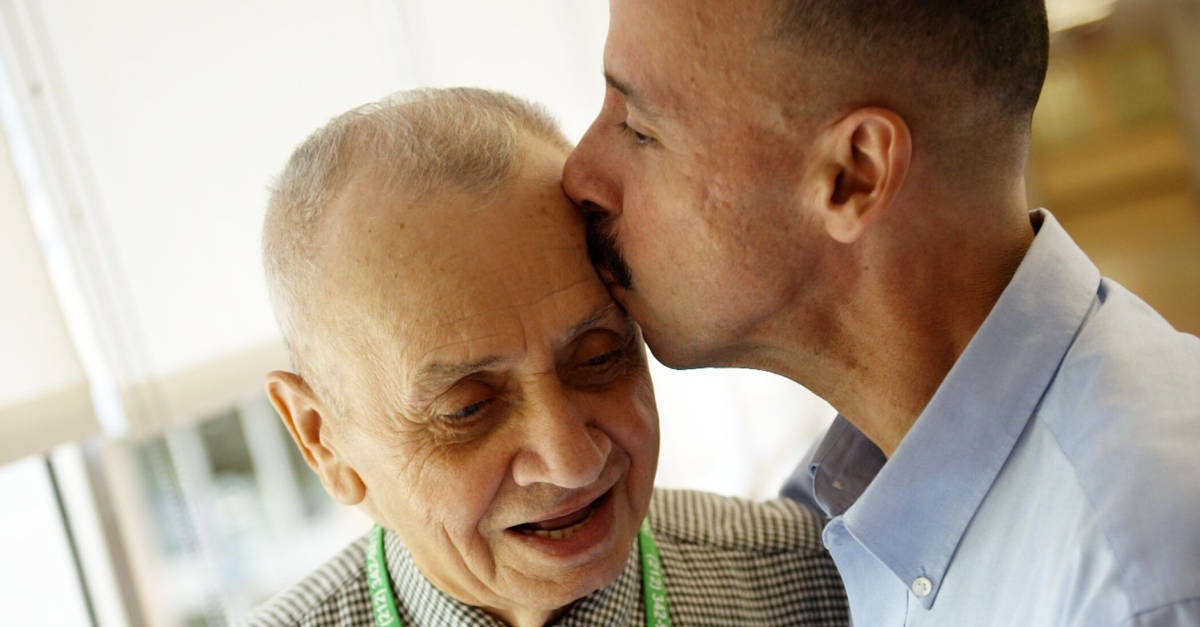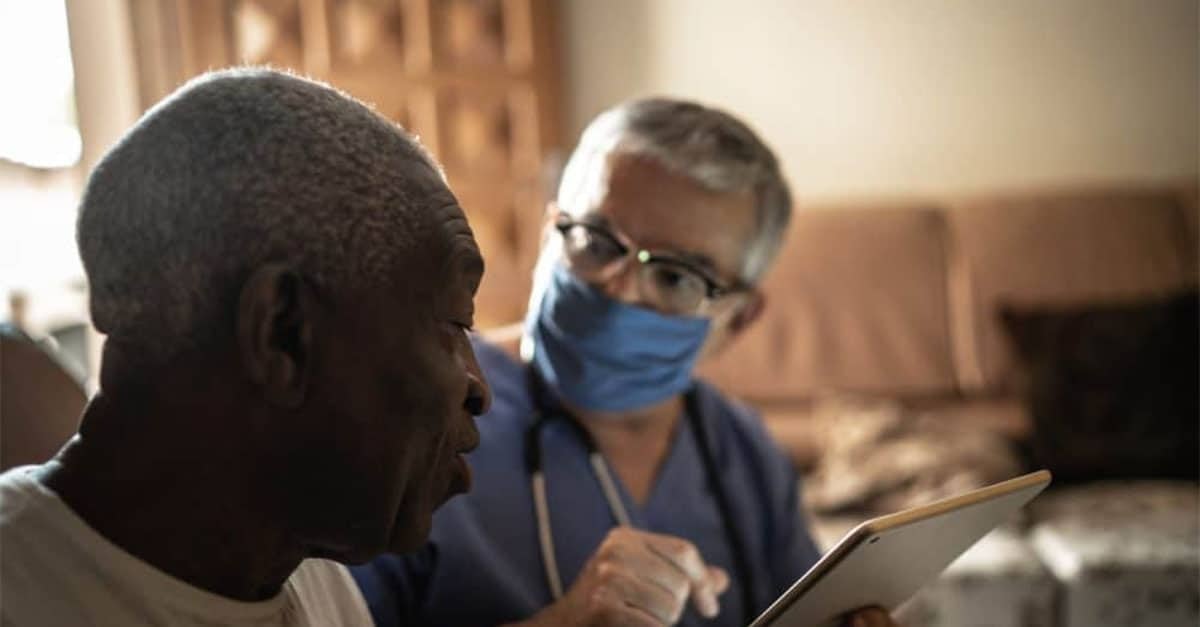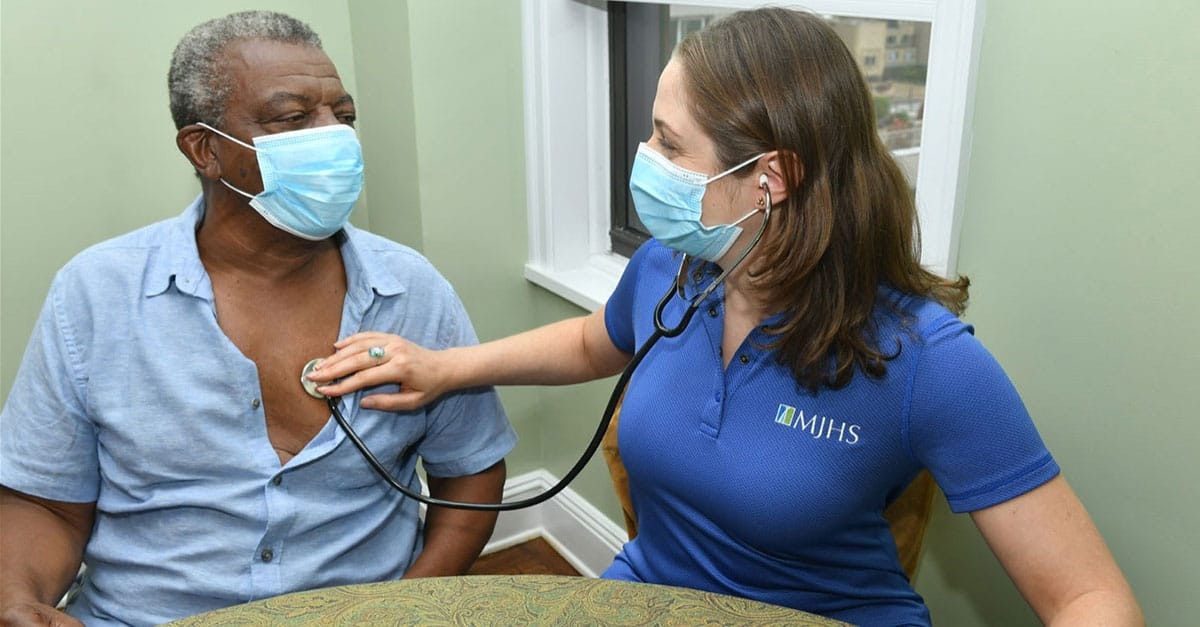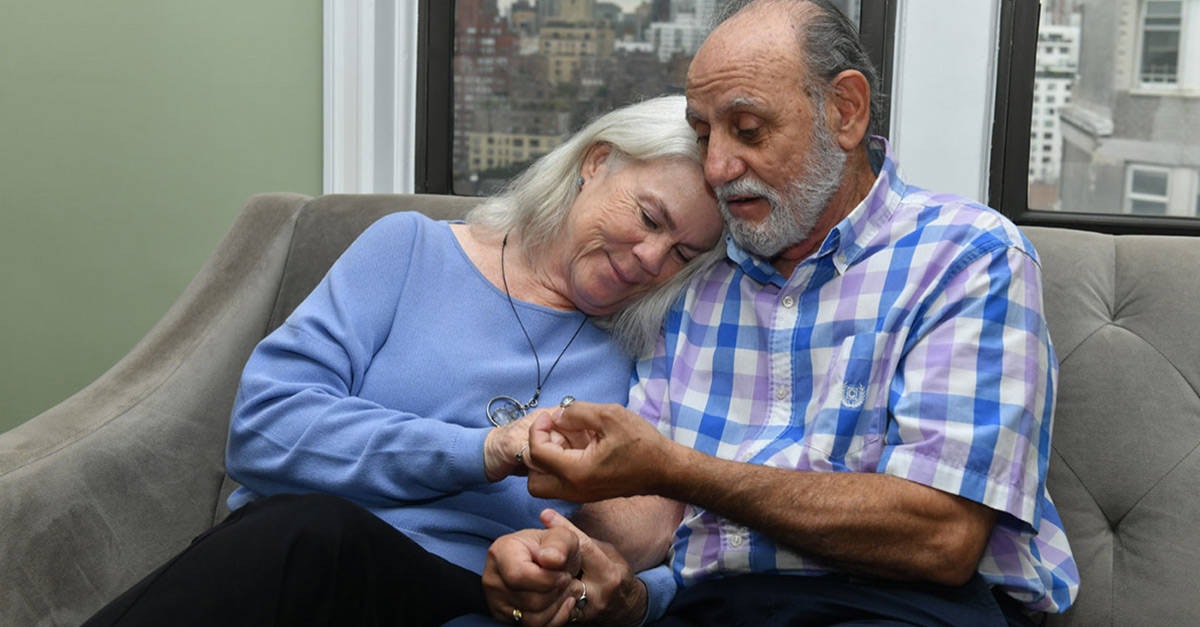Caring for a Loved One with an Advanced Illness

Caring for someone suffering from a chronic or advanced illness can be very difficult.
Suddenly you become inundated with information and instructions. Everyone has a different opinion, but no one has the answer you want to hear. We understand.
MJHS Hospice is dedicated to guiding you through this process on your terms. The resources in this section are a compilation of questions frequently asked by caregivers. We hope that we can be a source of support and clarity during this challenging time.
Need Hospice Care?
Contact 212-420-3370
[resources]
Is Hospice Care Right for Your Loved One with Dementia?
Hospice care is an excellent way to ensure someone with advanced dementia receives the comforting, specialized care they need. This article will help you understand your hospice care options. We aim to offer you the support you need while navigating this next stage in the care of your loved one.
Does Medicare Cover Hospice Care?
Does Medicare cover hospice care? It seems like a straightforward question. Unfortunately, many family members discover that it’s challenging to find a simple answer when they start researching the Medicare benefits their loved ones are entitled to. We hope we can help.
What to Say to a Loved One Who is Dying
Hospice care can be an uncomfortable topic for many families. Find ways to ease the conversation with your loved ones today.
Helpful Tips for Describing Pain
Pain is very subjective, and it is essential to recognize that no two people experience pain in the same way. This article will provide helpful tips on getting a loved one to describe their level of pain.
Congestive Heart Failure (CHF) and You
Congestive Heart Failure (CHF), also known as Heart Failure, is when your heart gets damaged and is not pumping enough blood to meet your body's needs. Learn more.
Warning Signs of Dementia
Dementia can be a scary word. Learn about the early warning signs and what to do if you're noticing symptoms.
9 Tips for Visiting Someone in Hospice
There are things you can do to bring comfort and joy to a person in hospice. We pulled together the following tips from the hospice nurses, social workers, and clergy at MJHS Health System.
End-of-Life Care in the Bible
The Torah is called Etz Chayim, a tree of life, because it provides values, ethics, and laws by which Jews are commanded to live. But how we die is also part of how we live. Below are some key examples from the Torah and what they teach us about dying.
Why Jews Need to Talk About Death
Whether your reticence comes from anxiety, religious superstition, or fear of engaging with a morbid subject, experts advise everyone to consider these issues earlier rather than later. Some rabbis even encourage newly engaged couples to discuss advance care planning before their wedding and to revisit the topic when a child is born or around other lifecycle events. Read some tips on how to get this conversation going with your family members.









